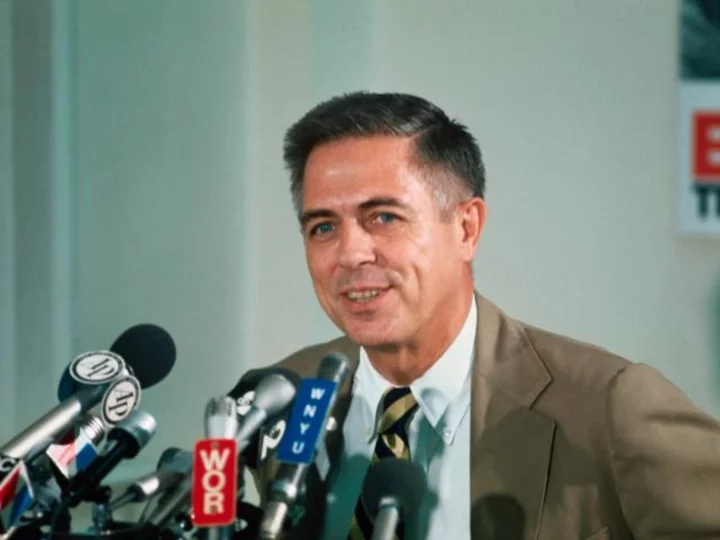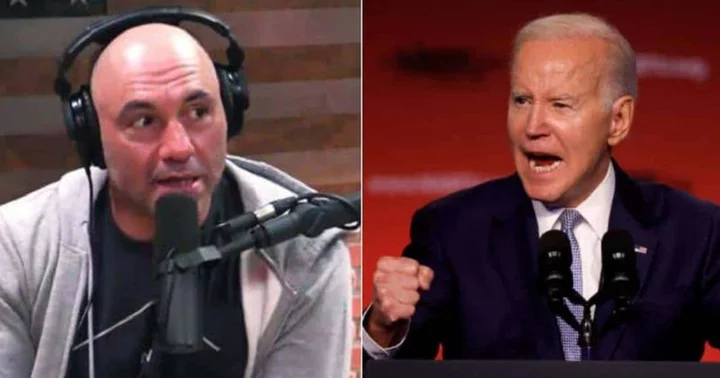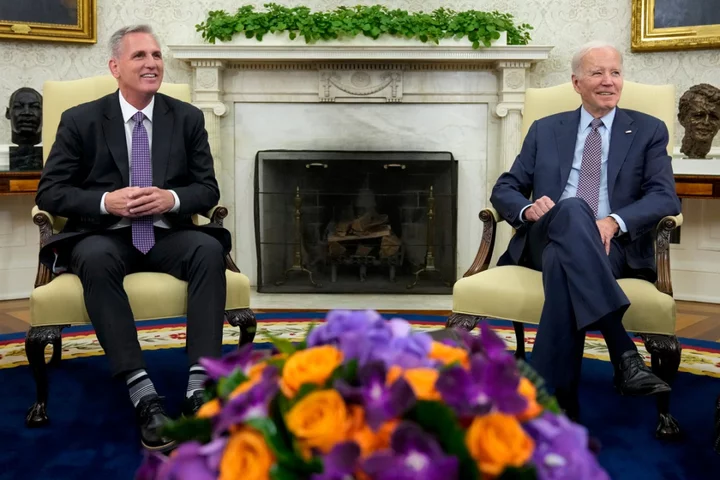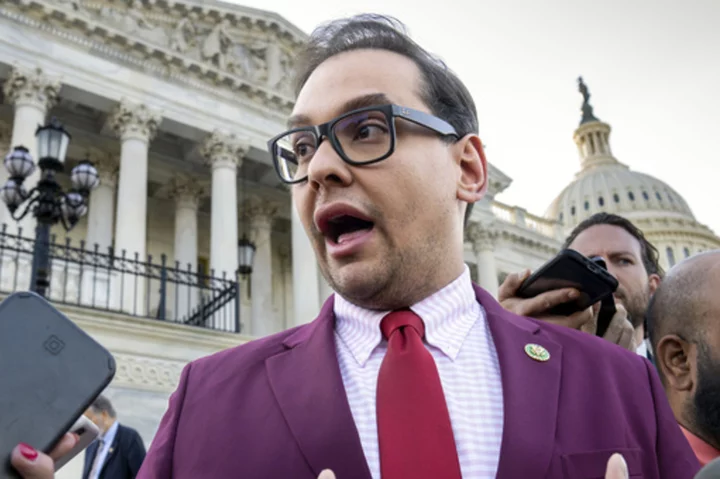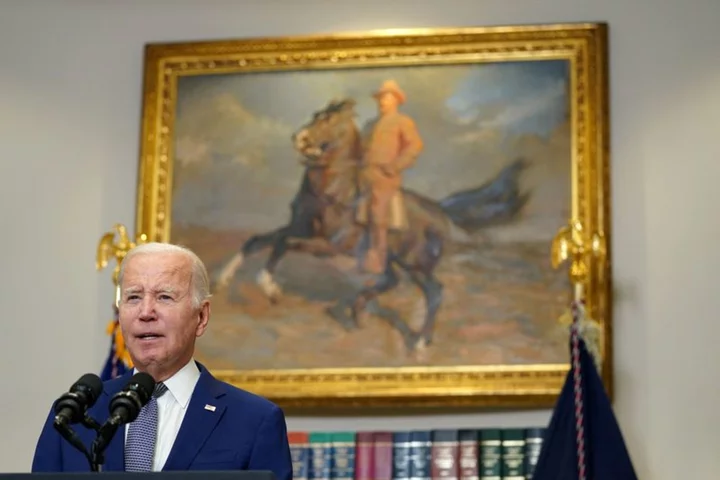James Buckley, a former conservative US senator and a Reagan-appointed federal judge, has died, the Conservative Party of New York State confirmed to CNN on Friday. He was 100.
Buckley drew national attention when he secured victory in New York in 1970 with the Conservative Party, becoming the state's first third-party senator. He served one term, during which he called for a constitutional amendment to ban abortion with limited exceptions and urged then-President Richard Nixon to resign following the Watergate scandal.
The party described him as "a man for all seasons" and expressed "enormous debt and gratitude" in the statement shared with CNN.
"The life and accomplishments of James Buckley will forever be linked with the Conservative Party," Gerard Kassar, chairman of the party's New York chapter, said in the statement. "All New Yorkers and the nation has lost a man who spent most of his long life in service to his country."
Buckley became the oldest living former senator when he turned 100 years old in March, according to The Heritage Foundation. He lived in Bethesda, Maryland, until his death, according to his congressional biography.
Born in New York City on March 9, 1923, Buckley received his bachelor's degree from Yale University in 1943, according to his congressional biography, and served in the US Navy during World War II before returning to Yale for his law degree, which he received in 1949. His siblings include William F. Buckley, the late founder of the National Review and a prominent conservative commentator who also forayed into politics with a mayoral bid in New York City.
In November 1970, Buckley edged out then-Democratic Rep. Richard Ottinger and incumbent Republican Sen. Charles Goodell in a close race to become the first third-party US senator in 30 years, The New York Times reported at the time.
"In the last few years the majority of this state have not been given a voice or a choice," Buckley said in his acceptance speech, according to The New York Times. "The American people want a new course, they want a new politics — and I am the voice for that new politics."
During his brief tenure as senator, Buckley pushed conservative legislation with mixed success. He was among the sponsors for an abortion bill that aimed to add a constitutional amendment banning the procedure except in the case of life endangerment. Buckley was also the leading sponsor of the Family Educational Rights and Privacy Act of 1974 -- also known as the Buckley Amendment -- which established guidelines for who could access student educational records.
When running for reelection, Buckley was an appellant in Buckley v. Valeo, a landmark campaign finance case that reached the Supreme Court. The high court ruled partly in favor of Buckley and the other appellants, and said that some of the Federal Election Commission's limits on campaign spending violated the First Amendment. Despite that victory, Buckley ultimately lost his reelection bid in 1976 by a wide margin.
In 1981, President Ronald Reagan appointed Buckley as the Under Secretary of State for Coordination of Security Assistance Programs and a few years later, nominated him to serve as a federal judge in a US Appeals Court in Washington, DC. He was confirmed by the Senate with bipartisan support in 1985, according to a report by The New York Times.
Buckley retired from the appeals court in 2000, according to The Federalist Society.

